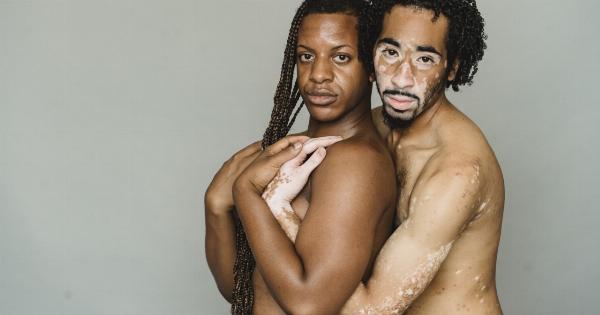Being a bachelor has long been associated with a carefree and joyous lifestyle. The image of a happy-go-lucky bachelor, enjoying life to the fullest, has been etched in our minds through movies and popular culture.
But is there any truth to this stereotype? Do happy bachelors really have a certain personality type that sets them apart? In this article, we will explore this question and delve into the various factors that contribute to bachelorhood and happiness.
The Myth of the Happy Bachelor
Before we dive into the science behind bachelors’ happiness, it’s essential to acknowledge that the idea of a happy bachelor is not universal.
While some bachelors may indeed be content with their lifestyle, others may long for companionship and struggle with feelings of loneliness. It’s crucial to consider individual differences and personal preferences when exploring this topic.
Understanding Personality Types
Personality is a complex and multifaceted aspect of human beings, shaped by genetic factors, upbringing, and life experiences. Numerous theories attempt to categorize personality types, and one popular framework is the Big Five personality traits.
These traits include extraversion, agreeableness, conscientiousness, neuroticism, and openness to experience. Let’s see how these traits may or may not align with the happy bachelor stereotype.
Extraversion and the Bachelor Lifestyle
Extraversion refers to being outgoing, sociable, and energized by social interactions. It’s no surprise that many bachelors who enjoy their single lives are often extroverted individuals.
The freedom to explore new connections and engage in various social activities without being tied down can contribute to their happiness. However, introverted bachelors may also find solace in their alone time and feel content with their own company.
The Role of Agreeableness in Bachelorhood
Agreeableness reflects an individual’s tendency to be compassionate, trusting, and cooperative. While this trait is not directly linked to bachelorhood, it can influence a person’s satisfaction with their single status.
Bachelors who are highly agreeable may find it easier to maintain positive relationships with friends, family, and potential romantic partners. This social support network enhances their overall well-being and contributes to their happiness.
Conscientiousness: Bachelorhood versus Commitment
Conscientiousness refers to being diligent, organized, and responsible. It’s often associated with traits such as self-discipline, goal-directed behavior, and long-term planning.
When it comes to bachelorhood, conscientiousness may manifest differently depending on the individual. Some highly conscientious bachelors may thoroughly enjoy the freedom and flexibility that being single provides, allowing them to focus on personal and professional goals.
However, others may prioritize stability and long for a committed relationship, despite their conscientious nature.
Neuroticism: The Emotional Experience of Bachelors
Neuroticism describes the tendency to experience negative emotions such as anxiety, depression, and moodiness. While bachelors may appear carefree on the surface, their inner emotional landscape can vary greatly.
Some bachelors with low levels of neuroticism may genuinely enjoy their single status and thrive in it, unaffected by negative emotions. On the other hand, bachelors high in neuroticism might struggle with feelings of loneliness, insecurity, or fear of missing out, resulting in decreased happiness.
Openness to Experience and Bachelor Freedom
Openness to experience encompasses traits such as curiosity, creativity, and willingness to try new things. Bachelors, especially those who are young and unattached, often have the freedom to explore various opportunities and embrace new experiences.
Their openness to new encounters and adventures can undoubtedly contribute to their happiness as they have the flexibility to shape their lives according to their preferences.
Factors Beyond Personality
While personality traits play a role in shaping an individual’s happiness as a bachelor, it’s important to recognize that multiple factors contribute to one’s overall well-being.
External influences such as financial security, work-life balance, social support, and personal fulfillment can significantly impact a bachelor’s happiness. Furthermore, cultural and societal norms may also influence the perception of bachelorhood and affect an individual’s contentment with their relationship status.
Conclusion
So, do happy bachelors really have a certain personality type? The answer is not as simple as a definitive yes or no.
While some personality traits may align with the happy bachelor stereotype, it’s crucial to acknowledge that happiness and satisfaction are subjective experiences that vary from person to person. Understanding individual differences and taking into account external factors can provide a more comprehensive understanding of bachelorhood and happiness. Whether you’re a bachelor or not, what defines your happiness is ultimately unique to you.






























